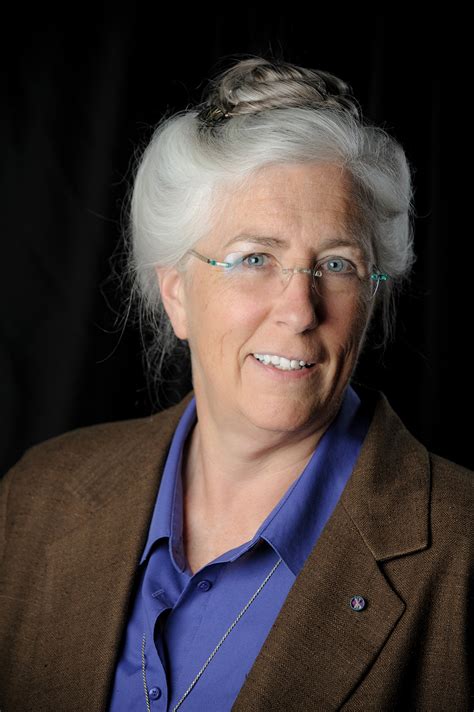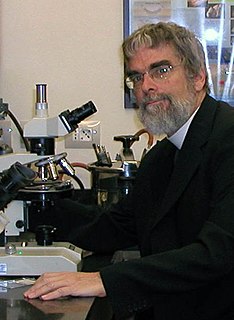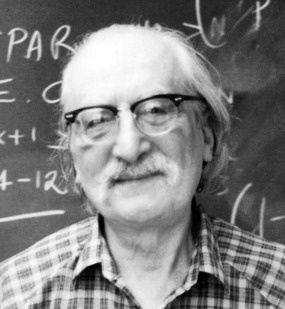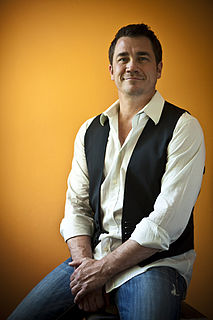A Quote by Sue Monk Kidd
That's what I told myself five hundred times: impossibility. I can tell you this much: the word is a great big log thrown on the fires of love. ~Page 133.
Related Quotes
In a 22-page comic, figuring an average of four to five panels a page and a couple of full-page shots, a writer has maybe a hundred panels at most to tell a story, so every panel he wastes conveying a.) something I already know, b.) something that's a cute gag but does nothing to reveal plot or character, or c.) something I don't need to know is a demonstration of lousy craft.
One of the more popular activities was “Talk-O-Matic”. Five people at a time could write messages, and read each other's messages, on the same screen. Today, Internet chat rooms work on the same principle. One of the remarkable new features of this page was that you could log in with an invented name, and pretend you were anyone you wanted - any name, any age, any gender. One favorite trick was to log in using the name of someone else already logged into the page, simply to confuse everyone else.
You darkness, that I come from, I love you more than all the fires that fence in the world, for the fire makes a circle of light for everyone, and then no one outside learns of you. But the darkness pulls in everything: shapes and fires, animals and myself, how easily it gathers them! - powers and people - and it is possible a great energy is moving near me. I have faith in nights.
I had a lot of things I wanted to do... I want to be a teacher...I also want to be an astronaut...and also make my own cake shop...I want to go to the sweets bakery and say "I want one of everything", ohhhh I wish I could live life five times over...Then I'd be born in five different places, and I'd stuff myself with different food from around the world...I'd live five different lives with five different occupations...and then, for those five times...I'd fall in love with the same person.
But avarice and ambition in the rich, in the poor the hatred of labour and the love of present ease and enjoyment, are the passions which prompt to invade property, passions much more steady in their operation, and much more universal in their influence. Wherever there is great property there is great inequality. For one very rich man there must be at least five hundred poor, and the affluence of the few supposes the indigence of the many.





































